Does Delta 9 Help With Sleep?

Delta 9 THC is the most commonly found type of THC in cannabis plants, and it has long been popular for both its recreational use and therapeutic potential. One of the most widely touted benefits of Delta 9 THC is aiding with sleep.
According to the research we’ll discuss below, Delta 9 THC may help you fall asleep faster, sleep longer, and deeper. If you’re looking for a way to help you sleep better at night so you can wake up feeling refreshed and ready to tackle the day ahead, Delta 9 THC might be the answer you’ve been looking for.
Please keep reading to find out how Delta 9 THC affects sleep, how it can potentially help you rest better, and what some of the best Delta 9 THC products for sleep are. So, does Delta 9 help with sleep?
Key Takeaways
-
Delta 9 THC interacts with CB1 receptors in the brain, which may help regulate sleep cycles and promote relaxation.
-
Short-term use of Delta 9 THC may reduce sleep onset time, increase total sleep duration, and decrease nighttime wake-ups.
-
Delta 9 THC may increase slow-wave sleep, which is essential for physical recovery and cognitive function, but long-term use may reduce it.
-
Lower doses of Delta 9 THC may reduce anxiety and promote sleep, while higher doses may increase anxiety and disrupt sleep patterns.
-
Chronic use of Delta 9 THC may lead to tolerance, reduced REM sleep, increased grogginess, and potential rebound insomnia after stopping use.
-
Alternatives like CBD, CBG, CBN, and melatonin may offer sleep benefits without the psychoactive effects of THC, making them appealing options for those seeking non-intoxicating sleep aids.
What Is Delta 9 THC?
Delta 9 THC, or delta-9-tetrahydrocannabinol, is the main compound in cannabis that gets you “high”. It works by interacting with the body’s endocannabinoid system, specifically binding to CB1 receptors in the brain.
This is what can create the euphoric, relaxed, and sometimes even sleepy effects that cannabis is known for.
Delta 9 is found in varying amounts in different cannabis strains and is consumed in several ways, including smoking, vaping, and edibles. Beyond just the high, Delta 9 is also being studied for its potential benefits, including pain relief, appetite stimulation, and sleep support.
There’s growing research suggesting that Delta 9 THC might be useful as a sleep aid. Many users report that it helps them fall asleep faster and stay asleep longer.
It may also help people dealing with a variety of sleep disturbances, such as those related to pain or anxiety. While more research is needed, Delta 9 is gaining attention as a natural alternative to traditional sleep medications.
Let’s move on and find out how Delta 9 THC affects sleep.
How Does Delta 9 THC Affect Sleep?
According to current research, Delta 9 may affect sleep in various ways, and its interaction with the endocannabinoid system is primarily responsible for this. Aside from how Delta 9 interacts with the ECS and your CB1 receptors, it may also reduce feelings of anxiety and pain, thus leading to better sleep.
Here’s how Delta 9 THC can help you sleep better.
Delta 9 THC’s Interaction with CB1 Receptors
Delta 9 THC interacts with the endocannabinoid system, binding to CB1 receptors in the brain. These receptors play a key role in regulating sleep-wake cycles and promoting relaxation. When Delta 9 THC activates these receptors, it can influence various aspects of sleep.
For instance, the study “Cannabinoids, Endocannabinoids and Sleep” details how Delta 9 THC activates CB1 receptors, which in turn has sleep-inducing effects. This is related to how Delta 9 THC affects both sleep onset latency and slow-wave sleep, so let’s discuss both of these factors.
Delta 9 THC and Sleep Onset
Several studies detail how Delta 9 THC may decrease sleep onset time, or in other words, it may help you fall asleep much faster. A recent article from the University of Pennsylvania Perelman School of Medicine discusses how the short-term use of Delta 9 THC can decrease sleep onset time, meaning it takes less time for you to fall asleep.
This same study also details how Delta 9 THC can increase the total amount of time you sleep while decreasing WASO or wake after sleep onset.
This indicates that Delta 9 THC, through its interaction with the ECS and CB1 receptors, may help you fall asleep faster, sleep longer, and wake up less while trying to rest. However, the effects of Delta 9 THC on sleep go beyond this, as it may also affect deep sleep or slow-wave sleep.
If you need something to help you fall asleep faster, these Mellow Fellow Delta 9 Live Resin Apple Rings are a tasty way to unwind. They blend juicy, sweet, and tart apple flavors with a balanced dose of Delta 9 THC and CBD.
Each jar contains 20 gummies, with 20mg of Delta 9 THC and 20mg of CBD per piece, for 400mg of each cannabinoid. Thanks to the combination of Delta 9 and CBD, these gummies could help you relax, ease stress, and get better sleep.
Delta 9 and Slow-Wave Sleep
Slow-wave sleep (SWS), also known as deep sleep, is the third non-REM sleep stage characterized by slow delta brain waves. It is the most restorative stage of sleep, important for physical recovery, memory consolidation, and general cognitive function.
Recent research indicates that Delta 9 THC may increase the time spent in slow-wave sleep. THC may help you get a deeper and more restful sleep with more physical and mental restorative benefits.
However, this same review also examined 40 different and unique studies related to THC and sleep, with 21% of participants across the board stating that THC helps them sleep better, 14% had mixed results, and 48% reported worse sleep, with the rest stating no notable difference.
Therefore, it’s important to note that THC may affect individuals differently, with many reporting improved sleep parameters, but some also reporting worse sleep quality.
As we’ll discuss below, this may be related to the duration of cannabis use, as acute and occasional use may have sleep benefits. In contrast, chronic overuse may have the opposite effects.
That said, we’re not done discussing the potential benefits of THC for sleep just yet, as it can also have beneficial effects on anxiety symptoms and pain, both sleep factors.
Delta 9 THC, Anxiety, and Sleep
Through its interaction with CB1 receptors, Delta 9 may also reduce symptoms related to stress and anxiety.
Reviews indicate that lower doses of Delta 9 THC can reduce anxiety symptoms, thus putting you in a better mental state conducive to sleep.
However, higher doses may have the opposite effect, indicating that THC’s effects on anxiety and sleep are dose-dependent.
Delta 9 and Potential Pain Relief
Delta-9 THC can help with sleep by reducing pain, making it easier to relax and drift off. It interacts with the body's endocannabinoid system, specifically CB1 receptors in the brain and nervous system, to alter pain perception.
This means it can help dull chronic aches, muscle tension, or discomfort that might keep someone tossing and turning at night.
Now that we know how Delta 9 can help with sleep, let’s examine the potential risks and drawbacks of using it for sleep.
Potential Side Effects of Delta 9 THC for Sleep

Long-term use of THC can start to disrupt sleep instead of helping it. Over time, the body builds tolerance, which means THC’s initial sleep-promoting effects, like reducing sleep onset time and increasing deep (slow wave) sleep, may fade.
Chronic use has been linked to reduced slow-wave and REM sleep, which are crucial for feeling well-rested and mentally sharp. Less REM sleep, in particular, can lead to more grogginess, memory issues, and even trouble regulating emotions.
Frequent THC use may also increase anxiety, especially at higher doses. This can make it harder to relax at bedtime, leading to sleep disturbances like more wake-ups at night.
People who stop using THC after regular use often experience rebound insomnia, vivid dreams, and restless sleep for weeks, showing how long-term use can disrupt the body's natural sleep cycle.
Although THC may be a fantastic sleep aid, due to these potential drawbacks, you may be interested in various other cannabinoids that may help with sleep, as detailed below.
Delta 9 THC vs. Other Sleep Aids
When considering sleep aids, it's helpful to compare Delta 9 THC with other popular cannabinoids, such as CBD, CBG, CBN, and melatonin. Understanding these differences can help you choose the most suitable solution for your sleep needs.
Here’s what you need to know about using CBD, CBF, CBN, and melatonin as sleep aids compared to Delta 9.
Delta 9 vs. CBD for Sleep
Delta 9 THC and CBD both interact with the body’s endocannabinoid system, but they work in different ways regarding sleep. Delta 9 has sedative effects at lower doses and can help people fall asleep faster by reducing stress and pain.
CBD, on the other hand, isn’t psychoactive, so it won’t cause a “high.” Instead, it may help with sleep by reducing anxiety and promoting relaxation. For those looking for a sleep aid without impairment, CBD might be the better option.
Delta 9 vs. CBG for Sleep
CBG (cannabigerol) is often called the "mother of all cannabinoids" because it’s a precursor to both THC and CBD, but it has very different effects.
Unlike Delta 9, CBG is non-psychoactive, meaning it won’t make you feel high. While THC can promote sleep through sedation, CBG is believed to work by reducing stress, inflammation, and even muscle tension, all of which can make it easier to sleep naturally.
CBG may also promote relaxation without suppressing REM sleep, which is something Delta 9 can do over time. If THC-induced grogginess or anxiety is a concern, CBG could be a gentler, non-intoxicating alternative to support sleep quality.
Delta 9 vs. CBN for Sleep
CBN (cannabinol) is often marketed as the ultimate sleep cannabinoid, and while research is still limited, it does seem to have mild sedative properties. Current research indicates that various doses of CBN may indeed assist with sleep in various ways.
Unlike Delta 9, which produces a noticeable high, CBN is non-psychoactive and may promote sleep through relaxation and potential interactions with the body’s sleep-regulating pathways.
For those who want to improve sleep without the intoxicating effects of THC, CBN could be worth exploring.
If you’re looking for something to help you unwind and sleep better, the combination of CBD, CBG, and CBN found in these Sleepy Blend Wellness Gummies could be perfect.
The combination of all three cannabinoids will provide you with maximum sleep potential, all without any intoxication.
Delta 9 vs. Melatonin for Sleep
Melatonin and Delta 9 work in completely different ways. Delta 9 helps some people sleep by reducing stress, pain, and overactive thoughts, but it can also interfere with natural sleep architecture and lead to tolerance.
Melatonin, on the other hand, is a hormone that regulates the body’s natural sleep-wake cycle.
Unlike THC, melatonin doesn’t produce psychoactive effects, making it a good option for those who want to improve sleep without feeling high. It’s especially useful for adjusting to new sleep schedules, like when dealing with jet lag or shift work.
Now that we know what all of the best sleep aid options are, let’s find out how much Delta 9 you need to sleep better.
Related Products
Dosage Recommendations for Sleep Support
When using Delta 9 THC for sleep, start with a low dose of 5 to 10mg. This allows you to gauge your body's response and minimize potential side effects. Gradually increase the dose if needed, but avoid exceeding 20 to 30mg per night.
Moreover, timing is key. Take Delta 9 THC about 30 to 60 minutes before your desired bedtime. This gives the compound time to take effect as you're winding down for sleep. Remember, everyone's optimal dosage varies based on factors like body weight, metabolism, and tolerance.
For consistent results, maintain a regular dosing schedule. Using Delta 9 THC at the same time each night helps regulate your sleep-wake cycle.
Monitor your sleep quality and daytime alertness. Adjust your dose if you experience grogginess upon waking or if sleep quality doesn't improve. Keep a sleep journal to track your experiences and find your ideal dosage.
Legal Status and Safety Considerations
There are both safety and legal considerations to keep in mind when using Delta 9 for sleep, which are as follows:
Legal Considerations
The legal landscape for Delta 9 THC can be complex. Hemp-derived Delta 9 THC containing less than 0.3% THC by dry weight is federally legal under the 2018 Farm Bill.
However, state regulations vary widely, so you should check your local laws before purchasing or using Delta 9 THC products for sleep.
Safety Considerations
Safety is important when using any sleep aid. If you're pregnant, nursing, or under 21, avoid using Delta 9 THC for sleep.
Moreover, those with certain medical conditions or taking medications should consult a healthcare professional before incorporating Delta 9 THC into their sleep routine.
Furthermore, the quality and purity of Delta 9 THC products are crucial for your safety. Always purchase from reputable sources that provide third-party lab testing results. These tests verify the product's potency and ensure it's free from harmful contaminants.
Let’s move on and find out what kind of THC products are available to help you get a better sleep.
Delta 9 THC Products for Sleep
Delta 9 THC generally comes in flower, vapes, edibles, and tinctures, each of which has its own distinct properties. Here’s what you need to know about each one, particularly about how to choose the best one for sleep.
Flower: Best for Quick Relief
Smoking cannabis provides the fastest effects, usually kicking in within minutes. This makes it great for people who struggle with falling asleep due to anxiety or racing thoughts.
However, the effects wear off relatively quickly, and inhaling smoke may not be ideal for everyone, especially those with respiratory concerns.
Vape: Fast-Acting Without the Smoke
Vaping works similarly to smoking but without combustion, making it a slightly cleaner option. It’s ideal for those who need quick relief but want to avoid the harshness of smoke.
The effects are fast but also fade quicker than other methods, so it may not be the best option for those who wake up frequently throughout the night.
Edibles: Long-Lasting for Staying Asleep
Edibles take longer to kick in (usually 30 minutes to 2 hours), but the effects last much longer, sometimes up to six to eight hours, or even longer in some cases.
This makes them ideal for people who struggle with staying asleep or those who wake up multiple times throughout the night.
These Delta 9 Live Resin Edibles bring a tropical twist to your routine with a delicious mamey, mango, and coconut flavor combo. Each pack has 20 gummies, with 10mg of Delta 9 THC and 10mg of CBD per piece, adding up to 400mg total.
If you're looking for a way to relax before bed, these gummies might help. The Delta 9 THC can promote calmness and sleepiness, while the CBD helps balance things out, easing stress and keeping things smooth.
Together, they could help you fall asleep faster, stay asleep longer, and wake up feeling more refreshed, all while treating your taste buds to a tropical getaway.
Tinctures: Precise Dosing and Flexible Use
Tinctures are liquid cannabis extracts that can be placed under the tongue for fast absorption or mixed into drinks for a slower release.
They offer precise dosing, making them great for people who need controlled relief without the unpredictability of edibles. They can also be combined with CBD for a more balanced effect.
Although technically not a tincture per se, this Delta 9 THC & CBD Watermelon Syrup combines juicy watermelon sweetness with a balanced dose of cannabinoids. Each bottle contains 300mg total cannabinoids, with 150mg of Delta 9 THC and 150mg of CBD.
This syrup can be sipped straight or mixed into your favorite drink, making it a versatile option for those who prefer a discreet and enjoyable way to consume Delta 9. Thanks to the combination of THC and CBD, it offers gentle relaxation that may help with winding down, reducing stress, and improving sleep, all without the need to smoke or vape.
How to Incorporate Delta 9 THC Into Your Sleep Routine
Before we wrap things up, here are some great tips on how to incorporate Delta 9 into your sleep routine:
-
Take your Delta 9 THC product 30-60 minutes before bed to give it time to take effect.
-
Start with the lowest recommended dose and adjust based on how your body responds.
-
Create a relaxing environment by dimming the lights, avoiding screens, and doing calming activities like reading or stretching.
-
Maintain good sleep hygiene by sticking to a consistent sleep schedule and keeping your room cool, dark, and quiet.
-
Avoid caffeine and heavy meals close to bedtime.
-
Consider pairing Delta 9 THC with other sleep-promoting cannabinoids like CBN.
-
Keep a sleep journal to track your dosage, timing, and how it affects your sleep.
-
Be patient as you experiment to find what works best for you.
-
Consult a healthcare professional if you have concerns or underlying health conditions.
Delta 9 THC and Sleep: Conclusion
So, does Delta 9 help with sleep? Based on research and user experiences, the answer is promising. Delta 9 THC has shown potential in helping people fall asleep faster, sleep longer, and even enjoy deeper, more restorative rest.
Its interaction with CB1 receptors in the brain may promote relaxation, reduce anxiety, and relieve pain, three key factors that contribute to better sleep. However, the effects of Delta 9 THC are highly dose-dependent, with lower doses promoting relaxation while higher doses may increase anxiety and disrupt sleep.
Additionally, while short-term use may improve sleep quality, long-term use can lead to tolerance, reducing its effectiveness and potentially disrupting REM and slow-wave sleep.
This means that for some, Delta 9 THC could be a great sleep aid, while for others, alternatives like CBD, CBG, CBN, or melatonin may be more suitable.
Choosing the right sleep aid depends on individual needs, sensitivity to THC, and long-term goals. If you’re considering Delta 9 for sleep, starting with a low dose, maintaining consistency, and monitoring its effects can help determine if it’s the right fit for you.
Explore Mellow Fellow’s selection of premium cannabinoids today.
Frequently Asked Questions
Can Delta 9 THC Affect Sleep Differently for Occasional vs. Regular Users?
Yes, occasional users may experience stronger sedative effects from Delta 9 THC, helping them fall asleep faster and sleep more soundly. However, regular users may build tolerance over time, reducing its effectiveness and potentially leading to sleep disruptions, especially if they suddenly stop using it.
Is Delta 9 THC More Effective for Sleep When Combined With Other Cannabinoids?
Yes, some users find that combining Delta 9 THC with CBD or CBN enhances its sleep benefits. CBD may help counteract potential anxiety or grogginess, while CBN is often associated with relaxation and sedation, making for a balanced sleep aid.
Does Delta 9 THC Affect Sleep Quality for People With Chronic Pain?
For many individuals dealing with chronic pain, Delta 9 THC can help by reducing pain perception, which may make it easier to fall asleep and stay asleep. However, if used in high doses or over long periods, it may impact sleep cycles and reduce REM sleep.
What Are the Best Consumption Methods for Using Delta 9 THC as a Sleep Aid?
The best method depends on individual needs. Smoking and vaping offer quick effects, making them useful for those who struggle with falling asleep. Edibles provide longer-lasting effects, which can help those who wake up frequently. Tinctures allow for flexible dosing and faster absorption than edibles.
Can Delta 9 THC Help With Jet Lag or Shift Work Sleep Issues?
Potentially, yes. Since Delta 9 THC may help regulate sleep onset, it could assist individuals adjusting to new sleep schedules. However, melatonin may be a better option for circadian rhythm regulation without the psychoactive effects of THC.
Is Delta 9 THC a Safe Long-Term Sleep Aid?
While Delta 9 THC can be effective in the short term, its long-term use may lead to sleep disturbances due to tolerance buildup, reduced REM sleep, and possible withdrawal symptoms like rebound insomnia. If using Delta 9 for sleep long-term, it may be helpful to take periodic breaks or explore alternative sleep aids like CBN or melatonin.
Sources
-
What Is Delta-9? Benefits, Side Effects, Risks, Tips for Use
-
Cannabis, Cannabinoids, and Sleep: a Review of the Literature
-
Effects of Cannabinoids on Sleep and their Therapeutic Potential for Sleep Disorders - ScienceDirect
-
Cannabis Use and Sleep: Expectations, Outcomes, and the Role of Age - PMC
-
Cannabidiol (CBD): What we know and what we don't - Harvard Health
1 comment
Explore Other Articles
View allExplore more
- 11 hydroxy thc
- Blends
- blunt
- burn blend
- cannabinoids
- cartridge
- CBD
- cbg
- CBN
- Charged Blend
- Clarity Blend
- Concentrates
- Connection Blend
- Creativity Blend
- Dabs
- decarb
- decarboxylation
- delta
- delta 10
- delta 11
- delta 8
- Delta 8 thc
- delta 9
- delta 9 thc
- Delta-10-THC
- Delta-11-THC
- delta-8
- Delta-8-THC
- Delta-9-THC
- delta9
- Desire Blend
- destination series
- Diamonds
- disposable
- disposable vape
- Dream Blend
- dry january
- edibles
- elevate blend
- entourage
- entourage effect
- entourage effects
- Euphoria Blend
- focus
- gummies
- H4CBD
- halloween
- hemp
- hemp beverage
- hemp-derived
- HHC
- HHCp
- HTE
- Indica
- Introvert Blend
- Joint
- lean
- legal
- Live Resin
- Live Resin cartridges
- m-fusions
- mechoulam
- momentum blend
- Motivation Blend
- one hitter
- preroll
- productivity
- raphael mechoulam
- Recover Blend
- Relief
- sleep
- strain review
- terp sauce
- Terpenes
- Thanksgiving
- thc
- THC beverage
- THC Drink
- thc lean
- thc-p
- THCa
- THCa Flower
- THCb
- THCh
- THCm
- thcp
- THCp edibles
- THCp flower
- THCv
- the elevate blend
- The Energy Blend
- The Happy Blend
- The Illuminate blend
- the momentum blend
- The Rest Blend
- Tranquility Blend
- vape
- vape cartridge
- Vapes
- wax
- wellness
- zkittlez


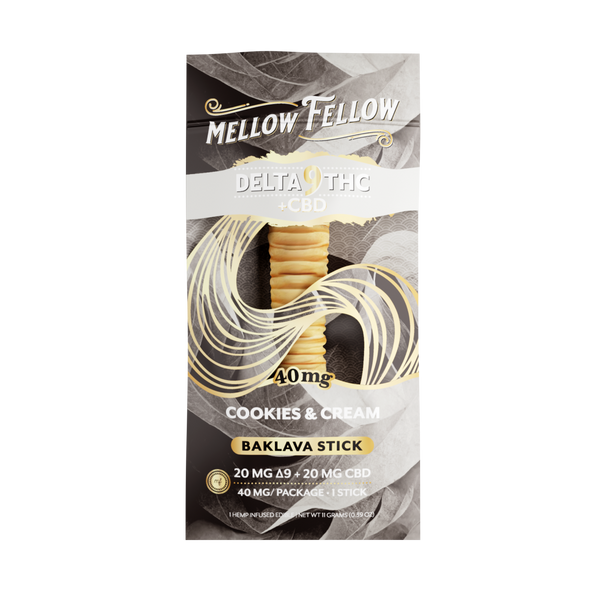
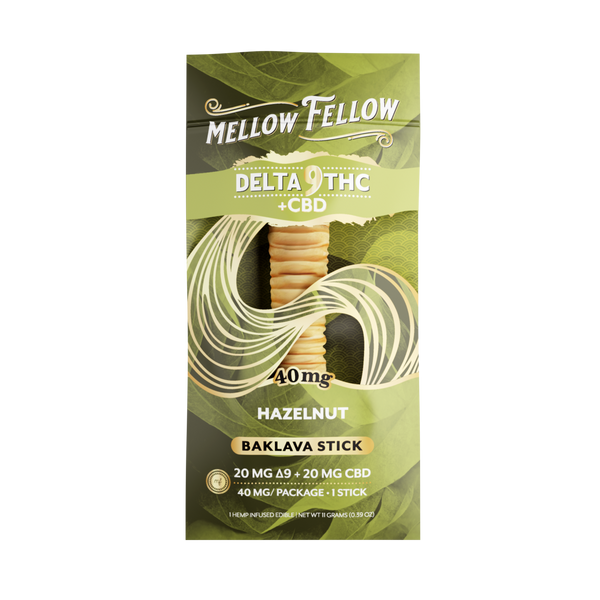
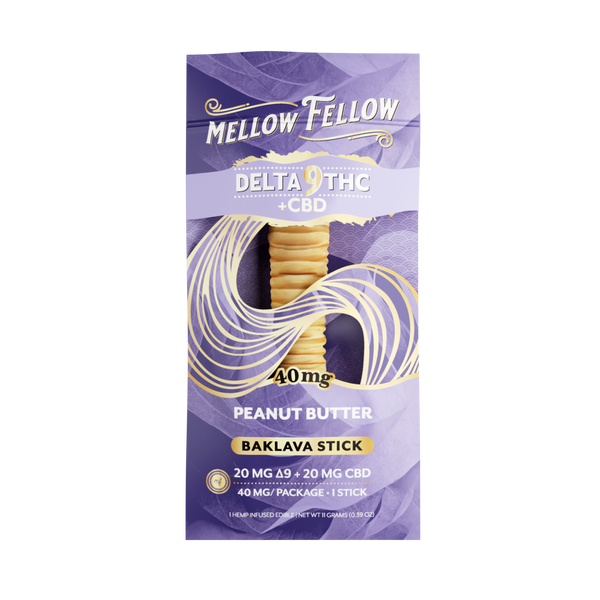
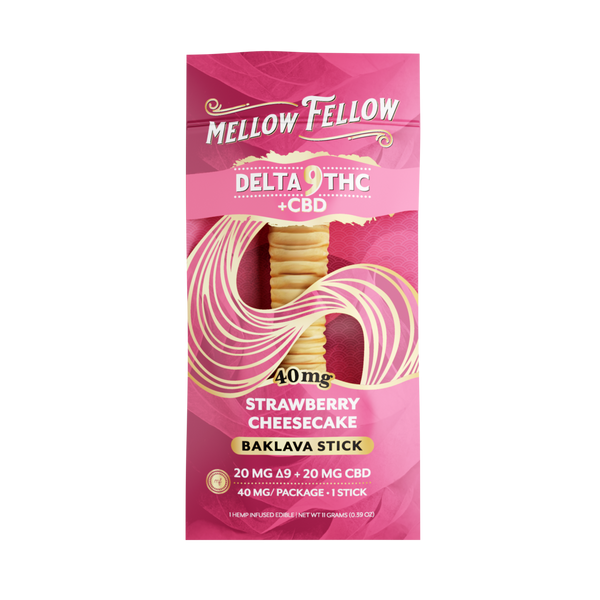
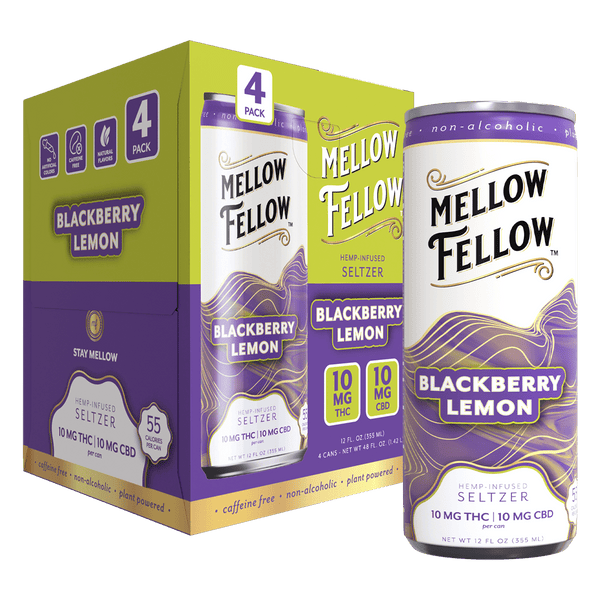
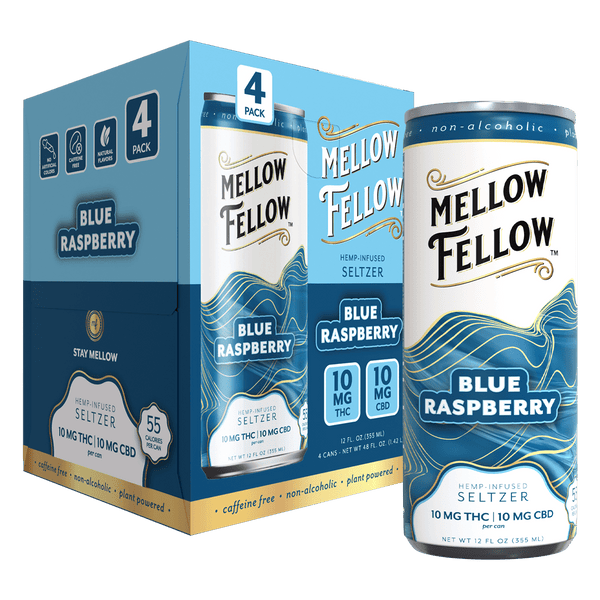










Does your product help with brain fog, a grandma moment, early memory loss?.
Leave a comment